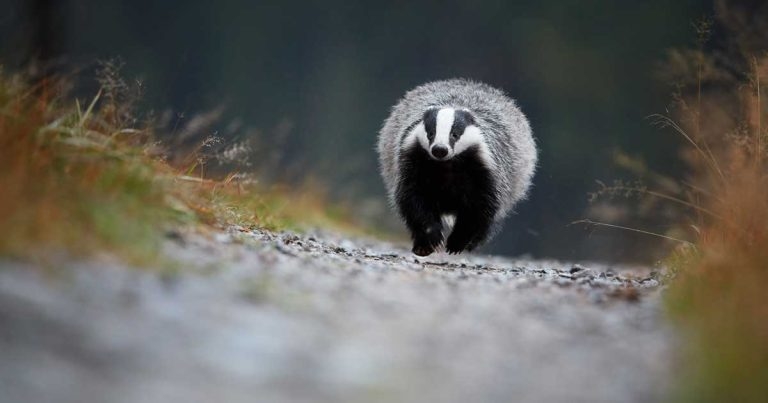2 Jul 2025
Study, published in Royal Society Open Science, raises questions about the 2006 Randomised Badger Culling Trial (RBCT), which the previous UK Government had used to form its bTB policy.

Image © Martin Mecnarowski / Adobe Stock
Key research which formed the basis of government policy to combat bTB in England for more than a decade was flawed, a new study has concluded.
The analysis has prompted calls for an immediate end to the use of badger culling to reduce the disease’s spread and argued the case for it relied on “basic statistical oversight”.
But Defra insisted an ongoing review would ensure its plan to phase out the controversial practice was based on the “latest evidence”.
The latest study, published in Royal Society Open Science, raised questions about the 2006 Randomised Badger Culling Trial (RBCT), which the previous UK Government had used to form its bTB policy.
It argued that a paper published last year, which re-evaluated the RBCT data and concluded there were “significant beneficial effects” on herd breakdown levels in culling areas, did not properly address statistical concerns.
The authors added: “The justification for lethal control of badgers to date appears to have been based upon basic statistical oversight.”
Meanwhile, one of the new paper’s reviewers, Biomathematics and Statistics Scotland director Mark Brewer, argued that “in such a contentious area as this, it is naive to imagine that a single analysis by a particular group of scientists should be seen as sufficient”.
He also called for “a proper investigation [to] be conducted to establish an agreed position involving all parties”.
Although supporters of the cull programme, including some veterinary and farmers’ groups, insist the cull has been effective, the team behind the new paper maintains that study corrections and policy changes are now needed.
Co-author Tom Langton said: “The Labour Government has rightly labelled badger culling as ‘ineffective’ and must surely now immediately cancel all badger culling licences while an inquiry is launched.
“The failures of the TB testing system are now so well established it is unfathomable why prompt government action was not taken last year.”
But a Defra spokesperson said: “Bovine TB has devastated British farmers and wildlife for too long. That’s why we’re developing a comprehensive new strategy to stop its spread and end the badger cull by the end of this Parliament.
“To make sure our approach reflects the latest evidence, we’ve reconvened an independent panel of experts, led by Professor Sir Charles Godfray, to review any substantive new findings.”
Around 240,000 badgers are estimated to have been culled in England since 2013.
The badger question was also part of the discussion during a bTB-themed session at the recent BVA Live event in Birmingham.
UK CVO Christine Middlemiss said Defra is “really looking to protect our key species through vaccination and progress that with badgers, as a key wildlife species, but cattle as well.”
A record number of badgers, 4,110, were vaccinated against bTB last year, up by 24% on the previous year.
But her Northern Ireland counterpart Brian Dooher said a new wildlife intervention policy was among their top priorities, following the development of a new blueprint to tackle the disease there.